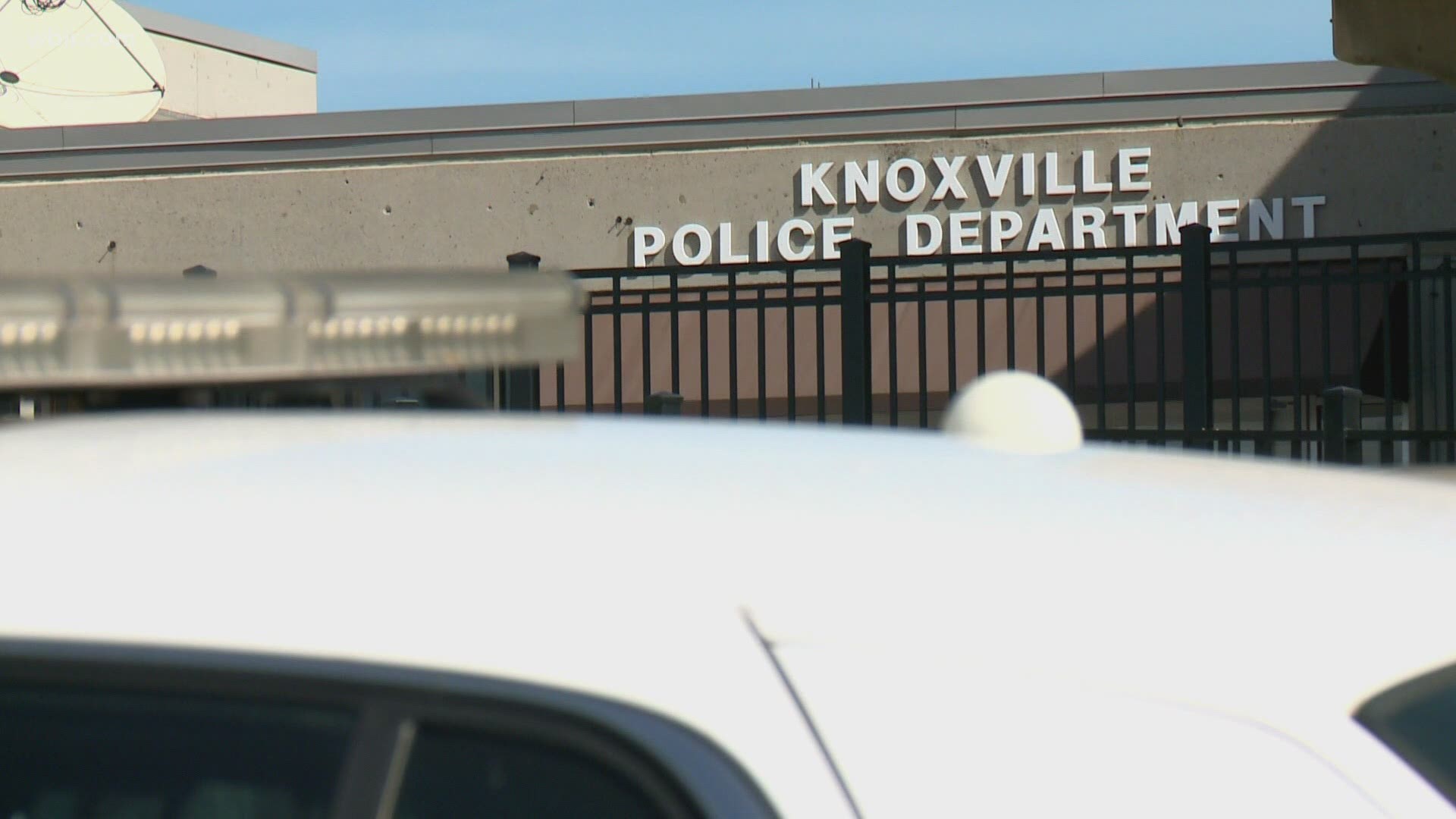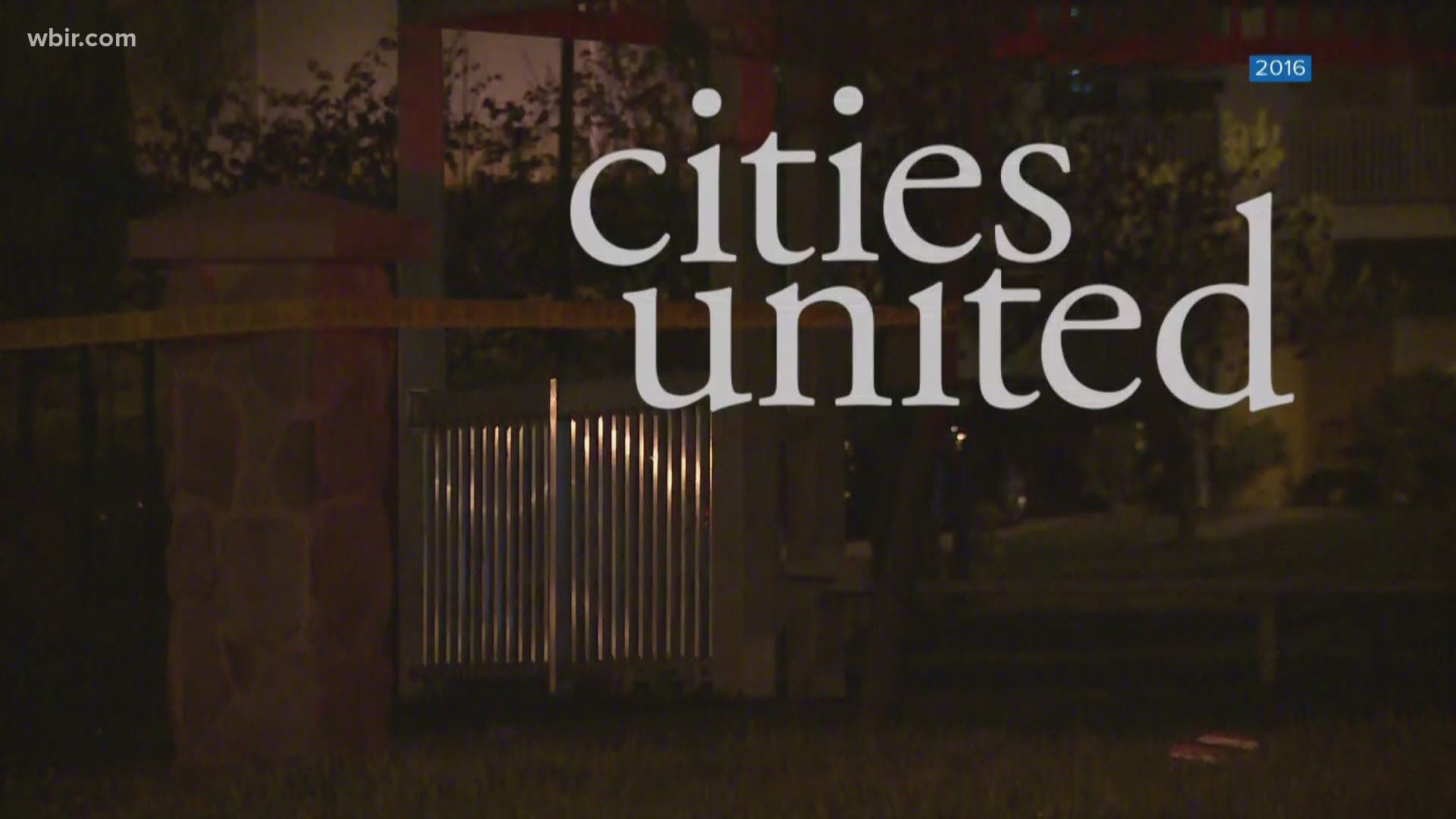KNOXVILLE, Tenn. — Knoxville Mayor Indya Kincannon's proposed 2021/22 budget envisions efforts to curb and address community violence and ensure lower-income residents have a place to live while also continuing to offer the services Knoxvillians expect without a tax increase.
It was approved by the Knoxville City Council on May 18.
The general fund is about $254 million. The city tax rate is $2.46 per $100 of assessed value.
Knoxville City Council got its first formal look at the budget Tuesday, May 4. Budget hearings followed The second and final reading to adopt the budget was Tuesday, May 18.
During that meeting, the city council approved the budget with provisions to address community violence and affordable housing issues.
The new budget follows a year in which Knoxville, Knox County, and other municipalities braced for leaner economic times amid the pandemic.
The mayor told reporters it was encouraging to be able to look at the year afresh after all the uncertainty that fell when COVID-19 swept across the country.
She's ready to "invest in new things."
"I consider this a recovery budget," Kincannon said.
The mayor, who took office in December 2019, had to prepare this budget, which goes into effect July 1, amid a rise in community concerns about gun violence, including the deaths of five Austin-East High School students this year and objections among some about how police were conducting themselves.
That is and remains a "crisis," she said. City Council earlier this year agreed to a $1 million emergency allotment to address anti-crime and anti-violence efforts this year.
The mayor said Tuesday she'd like to create a specific position in which an employee would focus every single day on ways to halt community violence.
Knoxville is expected to get some $44 million -- $22 million this year and another $22 million next year -- thanks to the huge Biden Administration coronavirus relief package that Congress narrowly passed in March. The mayor's proposed budget does not include that money, which is expected to arrive in mid-May, according to city staff.
The city also will have to figure out what it can legally use the money for. Perhaps, the mayor said, some of the federal money can go to help cover the unplanned millions in extra dollars that's arisen to convert the old St. Mary's hospital in North Knoxville into a public safety headquarters.
Highlights of the new budget:
- Almost $8.2 million would go toward affordable housing, according to the city. Kincannon also wants to commit the city to spend $50 million over 10 years for a "Knoxville Affordable Housing Fund." Kincannon said Tuesday, as she has since her mayoral campaign, that the city needs more places for lower-income people to live. The problem is only growing. She said Knoxville can help address the problem and assist private developers to do the same.
- $1.5 million toward permanent housing to help those who are chronically homeless. Giving the homeless a permanent place to live is a key way to reduce homelessness, she said. The city already spends more than $1 million and is using some $4 million in federal money to address the needs of the homeless.
- $1 million for programs to address and try to interrupt violent crime, as previously announced.
- $1.9 million to continue ongoing safety support programs such as the Behavioral Health Urgent Care Center and the Family Justice Center. The BHUCC began as an effort to divert some defendants with minor charges such as disorderly conduct away from jail to an alternative space where they can get treatment.
- $400,000 to expand a Knoxville Police Department pilot program that started late last year that pairs behavioral health specialists with specially trained officers in certain crisis situations. The pilot program consisted of one team. With the allocation, the co-responder program would have four teams, covering seven days a week. The co-response model is endorsed by the Substance Abuse and Mental Health Services Administration (SAMHSA) and the Crisis Intervention Team International, Inc. (CIT), and was developed to reflect successful practices used in other U.S. communities.
- 15.3 million for Knoxville Area Transit including money to support ongoing KAT efforts to convert its bus fleets to all-electric buses.
- 150,000 toward infrastructure in support of converting to electric the city's vehicle fleet and to add electric vehicle charging stations for the public.
- $721,000 "to protect and expand Knoxville's urban forest"
- Kincannon will start a "Developers Roundtable" to make it easier for property owners to invest in their neighborhoods, according to the city announcement, while unencumbered by city bureaucratic hurdles.
Mayor Kincannon’s budget was presented for first reading at City Council on May 4.
A second Council vote on the proposed budget is scheduled for May 18.


